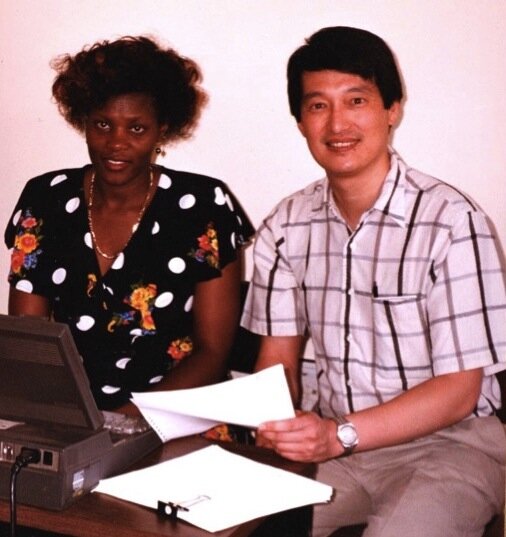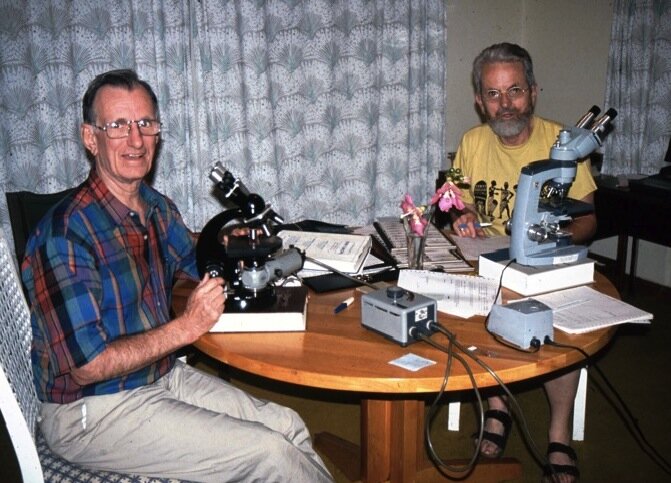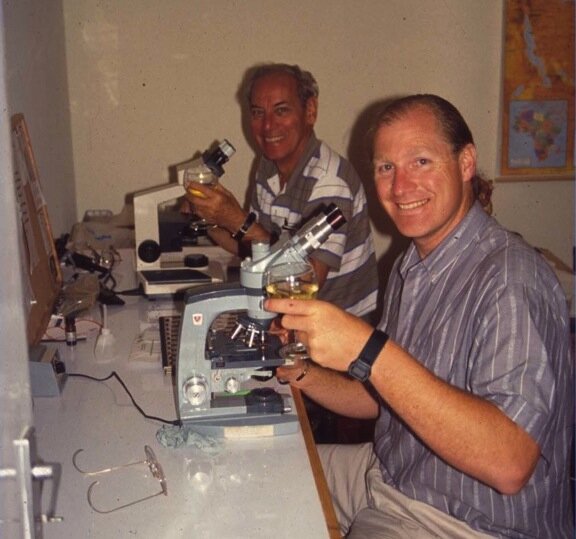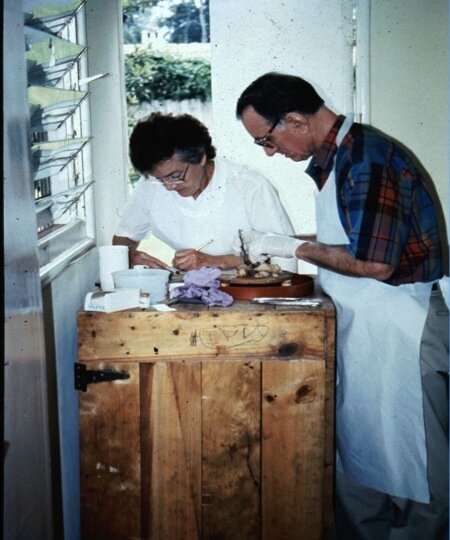Kenya
Kenya was the site of Pathologists Overseas’ first project. When PO initially became involved in Kenya, 50 hospitals operated by faith-based organizations provided approximately 40% of the primary care in the country. These hospitals were located in rural areas of the country and provided healthcare for financially and geographically underserved patient populations. In addition, the size and location of these facilities were not amenable to each establishing their own histopathology services on-site. With this in mind, our initial goal was to centralize histopathology services by establishing a main laboratory in Nairobi. The second goal was to upgrade the clinical laboratory facilities of these hospitals through educational forums for the technologists and on-site consultations by experienced pathologists and technologists.
From 1991 to 1995, PO established a functional histopathology service in Nairobi. Over this period, PO steadily grew our caseload from approximately 250 to over 400 cases per month. Over 30 hospitals contributed specimens. Sixty-five (65) pathologists volunteered more than 90 months of service during this phase of the project. In addition, two histotechnologists each volunteered one month of their time to train a histotechnician in Nairobi. PO also developed and held two Clinical Laboratory Education and Improvement seminars and provided ongoing on-site and consultation among participating laboratories.
This project was supported by donations from private individuals as well as additional financial support through a grant from the United State Agency for International Development (USAID), private foundations and various fund-raising activities. In March 1995, the histopathology laboratory was transferred to Kijabe Medical Center (KMC), a mission hospital located 40 miles outside Nairobi. Pathologists Overseas contributed over US$ 100,000 toward the relocation of this laboratory, including the construction of a new facility to house the pathologist on site and donation of additional equipment.




